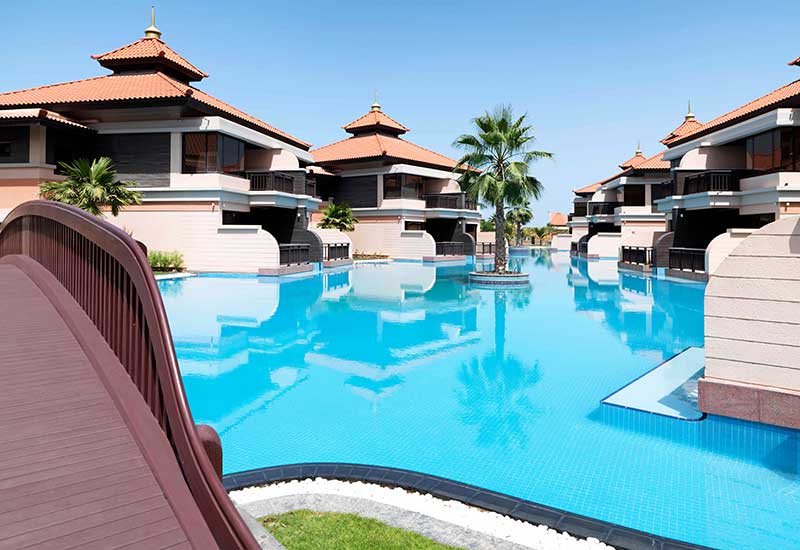Anantara Dubai’s Fuchs added: “All three platforms — Instagram, Facebook, and Twitter — are important to us. I believe Instagram is great for travel inspiration and it has very high engagement by the consumer, as they like to share visually appealing stories and experiences. Facebook serves us well when it comes to tactical promotions: rooms, F&B, and spa promotions, and special value for money offers where we can boost the offer to a specific target market. Twitter is great for instant news and interacting with the guests.”
She noted: “All this helps in building loyalty; I think the combination of all three platforms proves to be very effective.”
Most hotels in Dubai now use social media influencers to up their audience engagement. More hotels are collaborating with social media stars and they now calculate a tangible return on investment (ROI).
In a previous interview with Hotelier Middle East, Fairmont The Palm director of marketing and communications Katerina Dixon said that “the hotel has a number of measuring tools in place including the count of hashtags, engagement, sharing, reposting, and percentage increase in traffic that comes back to the site, as well as an increase in the number of followers on its own social media channels”.
But the most important question for the hospitality industry is how social media followers can be turned into paying guests. According to Collins, one can convert followers into guests through reliable communication with attractive, engaging, and relatable content.
“Regular informational updates are key to ensure that all material is fresh, precise, and up to date. When communicating with customers via our social media accounts, we are adamant about providing a personal and more casual experience with swift response times. Using the free search tools with the right keywords on social media platforms helps to proactively monitor what guests are looking for within the travel space and, in turn, tap a potential consumer base,” she added.
But just having a social media account is not enough. It is also important to develop the right customer-centric social media strategies. “In order to establish effective social media strategies for our pages, time is spent on understanding the demographics and psychographics of our target audience,” Collins added.
Anantara Al Jabal Al Akhdar has adapted its digital strategies to different content-driven social media platforms. It uses Facebook as a platform to gain traffic to its website, to direct followers to the ‘book now’ button, and to promote various campaigns, as well as to track links to various pages and share visuals and short videos. On Instagram, meanwhile, the hotel tries to create engagement with its followers to communicate the experience that guests can expect when they choose the mountain retreat. Finally, Twitter is used to target mostly Arabic speakers, using hashtags, and for campaigns.
According to Lapita’s Collins, the more understanding the hotel has of the way its audience ticks, the more effective it will become at creating engaging content. “One has to remember that engagement (shares, referrals, word of mouth, mentions, and so on) received via social media is ‘earned’ — the ROI of social media can be measured in terms of reach, audience engagement, traffic, leads generated, sign-ups, and revenue generated. To meet ROI goals, the social media strategy needs to be constantly monitored and adjusted,” she said.

| Advertisement |





